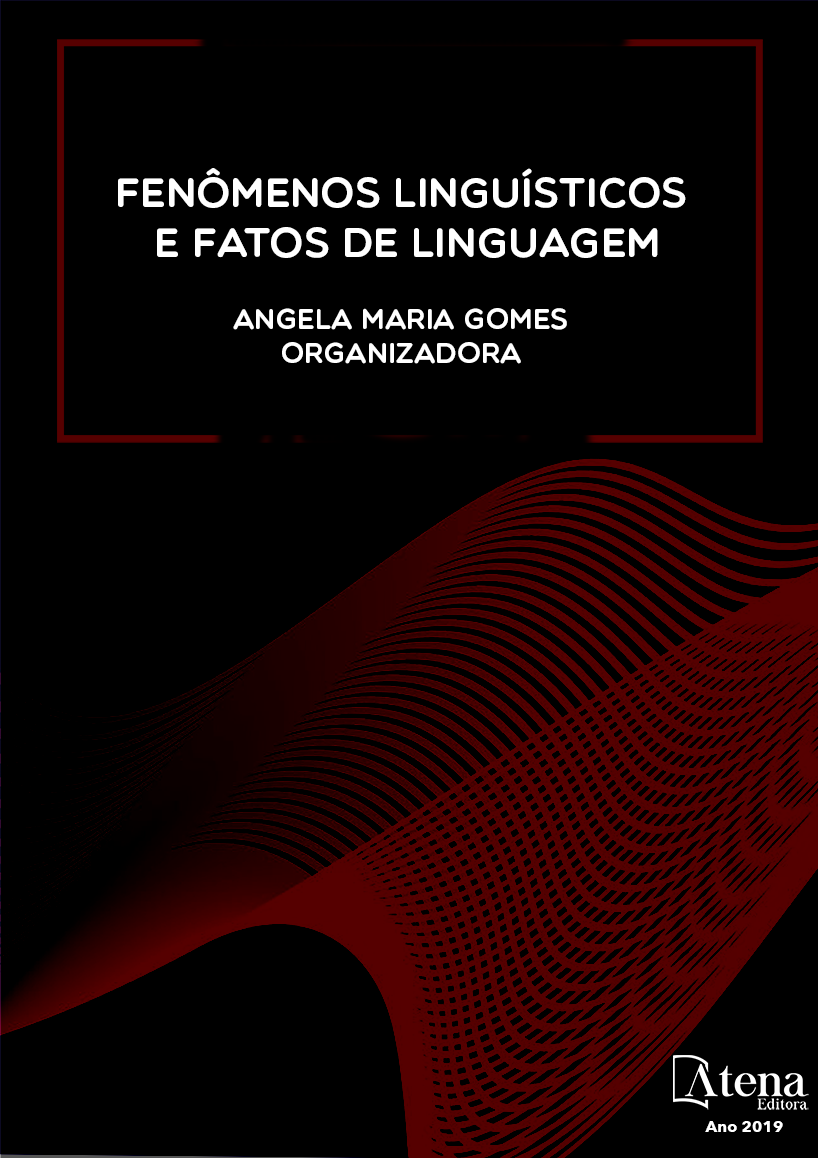
Linguagem Jurídica
No ambiente jurídico, o ato
comunicativo não pode encarar à solta o
problema da diversidade lingüística de seus
usuários, porque o Direito é uma ciência que
organiza o comportamento das pessoas. Toda
linguagem é um discurso, mas um entendimento
tradicional da atividade lingüística prefere
chamar de linguagem afetiva toda articulação de
palavras, sons e gestos sem uma preocupação
maior com a elaboração do pensamento.
Todavia, a argumentação autua-se por meio do
discurso, isto é, por palavras que se encadeiam,
constituindo um todo coerente e cheio de
significado, que produz um efeito racional no
ouvinte. Por conseguinte, argumentar, em
sentido rigoroso, é mais que a construção
do bom raciocínio jurídico, para aqueles que
operam o Direito. Argumentar expressa partir
do bom raciocínio jurídico e preocupar-se
com o conteúdo lingüístico fundamental para
que o leitor o aceite como verdadeiro. Enfim,
pode-se dizer que distinguir a linguagem que
necessita ser empregada em certo discurso
é um bom argumento na medida em que o
interlocutor sempre presume que aquele que
tem melhor linguagem, isto é, que estabelece
melhor expressão de suas idéias, conhece com
mais profundidade aquela matéria sobre a qual
estuda.
Linguagem Jurídica
-
DOI: 10.22533/at.ed.60419251112
-
Palavras-chave: Lei. Linguagem. Democracia
-
Keywords: Law. Language. Democracy
-
Abstract:
In juridical environment, a
communicative act can not face the problem of
language diversity of its users, because Law is
a science which organizes people’s behaviour.
Every language is a speech, but a traditional
understanding of language activity prefers to
call affective language any articulation of words,
sounds and gestures without a major worry
with elaboration of thought. Nevertheless,
argumentation happens through a speech, that
is, words form a chain building up a coherent
whole, full of meaning,which produces a rational
effect over the listener. Thus, argumenting, in its pure meaning, is more than the
construction of a good juridical thinking, for those who work the Law. Argumenting is to
express a start from the good juridical thinking and concern about fundamental linguistic
meaning so that the reader accept it as true. So, wecan state that to distinguish the
language that needs to be used in a certain speech is a good argument as long as the
interlocutor always takes for granted that the one who has the best language, that is,
the one who best expresses their ideas, knows better the topic about what they study.
-
Número de páginas: 15
- Adelcio Machado dos Santos
- Evelyn Scapin


